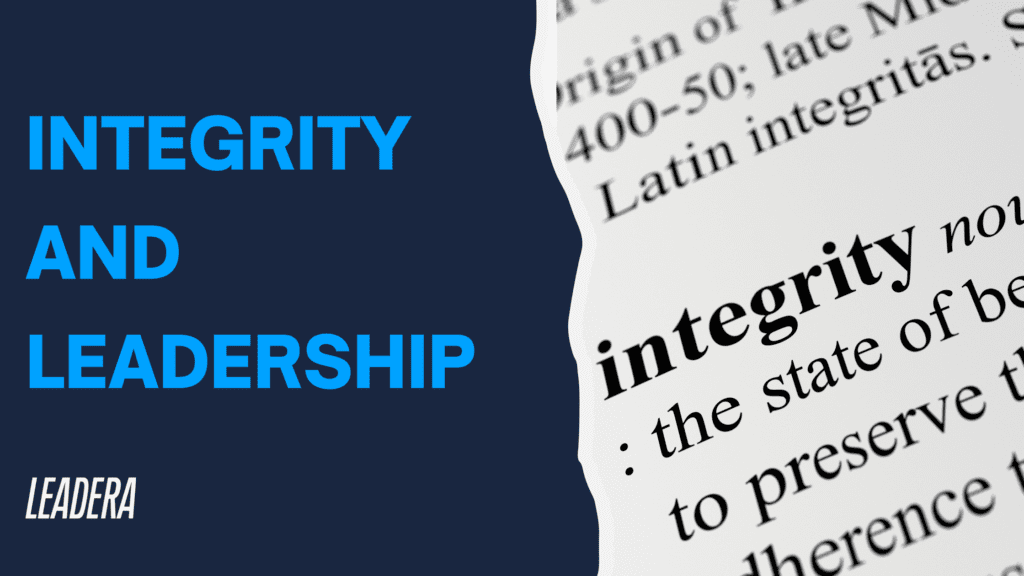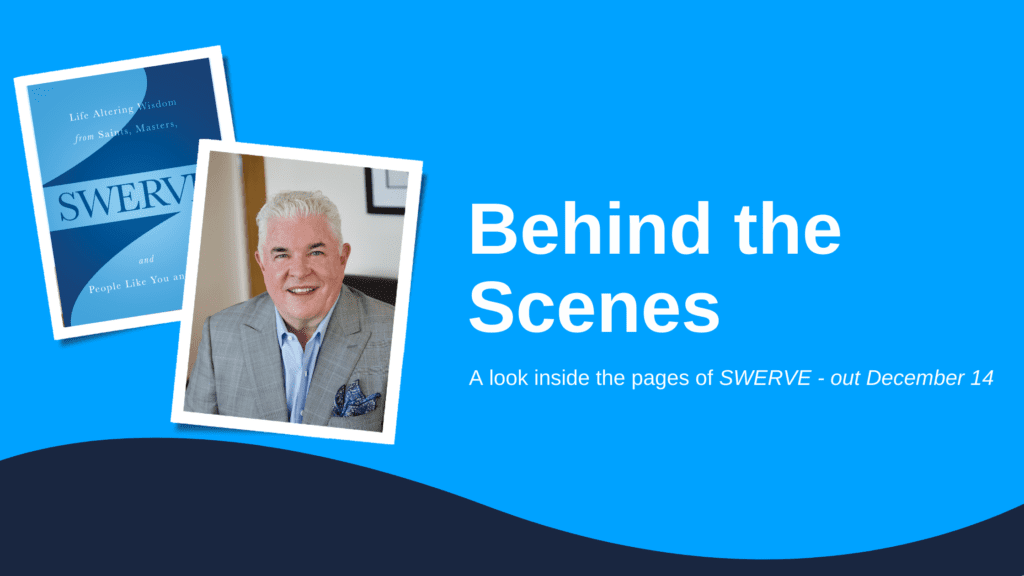
People have “too much to do.” Ask anybody, they will tell you. It can easily seem as if there is more to do than you could possibly ever get done.
However, consider this ~ you’re only going to do what you’re going to do today. That sounds obvious, right? But in reality, most people don’t relate to what they have to do as if that’s the case. For many, to-do lists have become lists of unrealistic expectations to accomplish in one day; they are full of things we feel we should do or have to do, which sets us up for failure by thinking that if it’s on the “list,” we’ll get to it.
The truth is, you’re not going to do all the things you have to do just because it’s on a list. You’re really only going to do what you actually do. Clear as mud? The key to what you’re going to do is knowing that actions take place in time. Anything you’re going to do takes a certain amount of time, therefore if it’s not on your calendar, it’s not going to get done and it won’t happen.
Spoiler alert – here is the one simple trick to successfully tackling your to-do list:
Schedule real time on your calendar to do the task, including scheduling an appropriate amount of time to do it in. Make a habit out of doing this one simple trick and you get ahead of the game in actually crossing that item off your to-do list.
Everyone has a long list of things they want to do, should do, and ‘have’ to do. But when you get into that list, most of the items on it never get done, which causes many of us a lot of stress. Giving up the myth of the unending list of things to do, which occurs as a burden, is a powerful step forward in productivity.
Being selective and rigorous about what goes into our calendars is the key. Plan and schedule the things you’re committed to doing ~ distinct from the things you want to do, should do, or ‘have’ to do. When you schedule items, be honest with yourself by allocating the proper amount of time for every aspect of the task. Otherwise it won’t get done. And while adding it to your calendar doesn’t guarantee the item will get done, it will significantly raise the likelihood if it’s “in existence.” Simply put – what is on the calendar has the highest likelihood of getting done.
I am impeccable about my calendar. Given what’s on my plate, I have to be. Here is an example on my calendar of this practice I’ve put in place where I schedule what I’m going to do and give myself enough time to get it done; say I have a meeting at 10:00 am downtown. On my calendar is:
- “9:15 – 9:30 pre-meeting briefing”
- “9:30 – 10:00 drive time to meeting” (it only takes 15 minutes to get there)
- “10:00 -11:00 attend and participate in meeting”
- “11:00 – 11:30 drive back to office”
- “11:30 – 11:45 debrief meeting”
That gives me the time to 1) brief, 2) travel, 3) sit down (as opposed to rushing in at the last moment), 4) participate fully in the meeting, 5) return to the office and debrief my notes from the meeting, and 6) send a follow-up to the client. So, while I am only going to a one-hour meeting, in reality ~ in real time ~ it takes two and a half hours to complete everything about that meeting.
We are paid to produce results with our time. Therefore, relating to and managing our time is a valuable asset that will make us more effective and more productive. Use your calendar as your best tool for effectiveness and productivity. I believe it is an essential skill for anyone in today’s workforce or otherwise, and a strong habit of successful leadership.
The bottom line is, you’re only going to do what you do. And if it’s on your calendar, there’s a much higher likelihood you’ll get it done.
——————————————
Kevin Cullen is President of Leadera Consulting Group, specializing in producing breakthrough business results. For more information on this topic or other business challenges we can help you solve, contact us at Leadera Consulting Group.
Kevin Cullen: kcullen@leaderacg.com
Read More
Without authenticity you can forget being an effective leader. Sound extreme? Over the last decade authenticity has emerged as one of the most critical aspects of leadership. In an article, Authenticity Paradox by Herminia Ibarra (Jan-Feb 2005 Harvard Business Review), the author says, “Authenticity has become the gold standard for leadership.” However, she adds, “a simplistic understanding of what it means can hinder your growth and limit your impact.”
Why? Because authenticity is not as simple as most people would like to think it is or assume that it is. Many people see authenticity as being “transparent” and therefore one must air ones every emotion and thought publicly. That kind of see-through self is not authenticity at all, in fact if you go about broadcasting your constant internal state it will end up undermining you for a couple of reasons. First, nobody wants to hear all that stuff. For goodness sake they can hardly stand the noise generated by their own internal state. And second, what’s going on with you internally is not who you are; nor is it what you stand for and therefore it is not your authentic self. On one hand authenticity is certainly not broadcasting any and all utterances from one’s internal state on loudspeaker, and on the other hand it is being honest and straight on where you stand in any given matter. Perhaps more importantly, authenticity requires being aware of and owning one’s weaknesses.
Adding more specificity to authentic leadership, Kevin Kruse (Forbes, May 2013) outlines four factors that are necessary for real and authentic leadership.
- Authentic leaders are self-aware and genuine. Authentic leaders are self-actualized individuals who are aware of their strengths, their limitations, and their emotions. They also show their real selves to their followers. They do not act one way in private and another in public; they don’t hide their mistakes or weaknesses out of fear of looking weak. They also realize that being self-actualized is an endless journey, never complete.
- Authentic leaders are mission driven and focused on results. They are able to put the mission and the goals of the organization ahead of their own self-interest. They do the job in pursuit of results, not for their own power, money or ego.
- Authentic leaders lead with their heart, not just their minds. They are not afraid to show their emotions, their vulnerability and to connect with their employees. This does not mean authentic leaders are “soft.” In fact, communicating in a direct manner is critical to successful outcomes, but it’s done with empathy; directness without empathy is cruel.
- Authentic leaders focus on the long-term.A key tenet in Bill George’s model (former CEO of Medtronic) is the company leaders are focused on long-term shareholder value, not in just beating quarterly estimates. Just as George did and as Bezos has done for years at Amazon, leaders realize that to nurture individuals and to nurture a company requires hard work and patience, but the approach pays large dividends over time.
Authenticity requires extraordinary courage ~ what Brené Brown calls ‘standing your sacred ground.’ For most it is not an attractive challenge and seen as something to dodge or avoid. I recently introduced the notion of authenticity to a newly advanced group of high-potential, up and coming managers in a Fortune 100 company. Not only did they not like the whole idea of authenticity, they began making a case for why being inauthentic was a better way to go.
They cited examples of how they couldn’t say certain things to their immediate supervisor and certainly couldn’t ever say ‘no.’ They were sure they had to act as if they were on board for something they clearly were not. They had to say ‘yes’ to things they knew they weren’t going to do. And they justified this by saying ‘everyone else does it, why shouldn’t I?’ That’s all under the guise of ‘you have to play politics in organizations.’
While I could appreciate that they had developed a style for not rocking the boat by acquiescing, I asked them to consider that when they’re doing that it is fairly obvious to the others in the room that that is what’s going on, and that at some level they had entered into a truce to conduct and be part of a charade of looking good as opposed to being authentic. Instead I asked them to consider what it might be like to actually be authentic ~ to deal with the issue at hand, instead of just ‘going along.’ Because there’s a good chance that if something doesn’t land right for them it’s not landing right for someone else as well.
Furthermore, they’re skillful in bringing issues to the forefront which might allow for the real issues to get resolved, as opposed to what usually happens which is everyone walks out of the meeting having heard what they wanted to hear and at some level knowing that isn’t what’s going to happen ~ destined for failure.
This is what separates authentic leaders ~ authentic leaders stand in the future. They can see the consequences down the road of being inauthentic. And they address anything in the present that is likely to thwart or block the future. If they don’t believe something is possible or doesn’t make sense they are compelled to say so. It does not give them license to be disagreeable, but it does require them to say where they stand in the matter.
Again quoting from Authenticity Paradox, “being authentic doesn’t mean you can be held up to the light and people can see right through you.” It’s a double-edged sword. On one hand you make your true position and feelings in the matter known, and on the other hand you stay above the fray of sharing your every thought, consideration and concern. Another way to think of this is to be able to present a mature and realistic version of your position on something without necessarily having to expose each and every flaw, and at the same time being aware of one’s weaknesses and flaws is critical to being authentic and therefore being an authentic leader.
Read More
Have you considered the impact of integrity as a driver of successful leadership? Integrity determines the opportunity set for performance, and therefore without it, you can forget about being a leader. With it you can see things clearly and lead people towards a future.
Below, we are sharing a pre-course reading on integrity that every Being an Exceptional Leader participant reads prior to starting the course. Participants report that their discoveries around integrity are life altering for them both personally and professionally.
Read more on integrity and leadership here.
Interested in our public or private Being an Exceptional Leader courses? Email Kevin Cullen to learn more.
Read More
This month, SWERVE: Life Altering Wisdom from Saints, Masters, and People Like You and Me, written by Leadera president and master storyteller – Kevin Cullen, will hit bookshelves. To celebrate the upcoming release, we went behind the scenes with Kevin for a peek inside the book.
Pre-order your copy of SWERVE here.
Q. Tell us about SWERVE. What is the book about and who is it meant for?
A: It is about changing the course of the things in your life where you see a possibility or an opportunity, going after it and achieving it. It is meant for anyone who is willing to take on living a magical existence.
Q. Why this book? What made you want to write SWERVE?
A: I have a blessed life, truly in many ways it is unbelievable, lots of people ask me how I made it that way….I thought I would share some of the things that contributed to my growth and development as a human being and as a man.
Q. In the book, you share many life lessons you have learned over the years. Do you have a favorite lesson, and if yes, what makes it so?
A: Yes, the one I learned from Papaji (Guru in India). He said you should taste something sweet every day….it took me a while to figure out he wasn’t suggesting I eat more desserts.
Q. What sets SWERVE apart from other business books? Why should someone read it?
A: It will provoke you to think differently, which will have you speak differently, and in turn have you act differently.
Q. How does SWERVE fit into Leadera’s work with businesses and leaders?
A: The point of Swerve is to encourage or provoke the reader to consider things from a different perspective by shifting the way you might speak, think, or act.
Q. Tell us about your role at Leadera. What does a ‘day-in-the-life’ look like?
A: A boss gave me this advice about consulting once – he said look down at your feet….if they are in your office they are in the wrong building – no one here is going to buy consulting from you….go get in front of a client or a potential client. My average day looks like coaching clients, leading courses or talking to perspective clients.
Q. What is your favorite Leadera course?
A: Being an Exceptional Leader
Q: Why is leadership development important for both individuals and companies?
A: Leadership is about one thing – THE FUTURE. Management is about NOW, organizing, controlling, measuring, and making sure things happen the way they are supposed to according to plan. Leadership is about creating and inventing what is POSSIBLE and articulating it in such a way that people want to make it happen.
Q: What inspires you to do this work each day?
A: We work with some of the most remarkable people you could imagine. The work we do gives them a new perspective on what they do, how they do it, and who they are as they do it. When our work is done, our clients are more productive, more creative.
Q: What is your favorite way to spend downtime?
A: My passions, my interests, my hobbies, are: freshwater and deep sea fishing, sailing, art, live music, travel and my dogs.
Pre-order your copy of SWERVE here.
Read More| Insights From Kevin | November 15, 2017 |
I’ll bet if you’re like me you try to get the important things done first. They seem important because there’s usually a benefit for getting them done or some kind of pain for not getting them done. So, in one sense they occur like they have to be done. However, we often don’t relate to things on our plate with any sense of urgency. In fact, we often procrastinate particularly about the things we don’t want to confront.
Being effective at producing results is directly correlated to the speed with which we move things into action and get them complete. It has been said that power is defined by the rate at which you translate intention into reality. A person’s power is a function of being able to produce results with velocity. To do that, the task has to exist in time. Here’s something I’ve learned that I have burned into my DNA and it has changed everything: “if it’s not on the calendar, it doesn’t exist and it’s not going to happen.
There is an obvious benefit for getting things done and acting with priorities, so why don’t we approach things this way? There are three things that account for our tendency to put things off. The first is having no sense of urgency. Certainly, there are challenges that happen in life that we resolve with speed. However, usually those things often have some kind of consequence attached and the pain of not doing it occurs as greater than doing it ~ so we act. Absent the external consequence we often don’t act with a sense of urgency. Secondly, we fall in the trap of “someday”. You know those things that we’ll get to later. We put those things on the list of what there is “to do” and that keeps them in existence, but they exist only on the list ~ not as if they will actually get our attention for action. We don’t have time for those things now. We may never get to those things, in fact. And thirdly, complacency which stops us from taking any action. There are many situations in our lives to which we have become numb. We’ve learned to tolerate those things. We’ve developed an ability to live with those things ~ even those things that initially we would never tolerate. We have become complacent.
There’s an interesting metaphor about a frog and a person. If you put a frog in a pot of boiling water it will jump out of that water immediately. But if you put a frog in a pot of cold water and then turn the burner on and slowly increase the flame to heat the water up the frog will boil to death. It will keep adjusting to the ever-slight increases in temperature which will eventually kill the frog. People are sometimes like those frogs. We will allow ourselves to adapt to and tolerate things that don’t work even when the consequences are dire.
Most people divide their tasks into two categories. One, what’s important, and two, what’s not important. Ideally, they go to work on the ones they’ve decided are important and pay less attention to the unimportant tasks. Consider the possibility that there is a third category. It’s a category that most of us don’t think about because it’s not “important”. We call that category “what makes a difference”. The items that fit in that third category may not even fit into important or not important. However, they are distinct and make a big difference.
Here’s an example ~ The other day I received a communication from one of our clients that was an internal document that she had cc’ed me on so that I was aware of what was going on in their company. It was about the company’s core values. She didn’t ask for any feedback about it. But after I read the document, I realized that there were things that I might be able to say about it that would make a difference. I asked her if she was interested in and willing to discuss the document. She responded immediately with an unquestionable “yes”. We had the conversation and I shared what I noticed about the document and how it landed for me I shared what I thought would make a difference in the document and made some suggestions on how to make it better. She loved what I suggested, and we produced a second version of the document which then led to a third version that she is very happy with. The day after our call she sent me a note thanking me for having the conversation and told me it was very valuable and had opened up her thinking to take action on something that would elevate that area or the organization to a new level. Clearly, my input came from that third category ~ the “what makes a difference category”. Maybe the “what makes a difference category” is the most important of all.
Kevin Cullen is President of Leadera Consulting Group, specializing in producing breakthrough business results. If you want more on this conversation or the firm, contact us at Leadera Consulting Group.
Kevin Cullen: kcullen@leaderacg.com, cc: acook@leaderacg.com
Read More